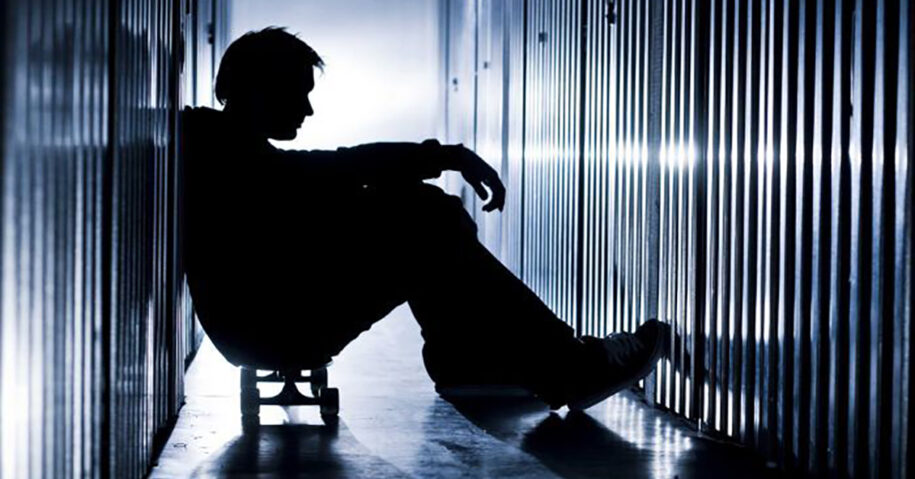At Risk Youth, Mental Illness, and Addiction
It is not out of the norm for teenagers and young adults to experience the blues every now and then. However, clinically diagnosed depression is reaching all time highs when it comes to the affected youth.
20% of youth from ages 13-18 live with a mental health condition. Suicide is the third leading cause of death in ages 10-24.
Unrealistic academic, social, or family expectations can create a strong sense of rejection and can lead to deep disappointment. When things go wrong at school or at home, teens often overreact. Many young people feel that life is not fair or that things “never go their way.” They feel “stressed out” and confused. To make matters worse, teens are bombarded by conflicting messages from parents, friends, and society. Today’s teens see more of what life has to offer — both good and bad — on television, at school, in magazines, and on the Internet. They are also forced to learn about the threat of AIDS, even if they are not sexually active or using drugs.
The future is dependent on the health of our young, as they will inherit the economics of the world. Teens need adult guidance more than ever to understand all the emotional and physical changes they are experiencing. When teens’ moods disrupt their ability to function on a day-to-day basis, it may indicate a serious emotional or mental disorder that needs attention — adolescent depression. Parents or caregivers must take action.
If you have a teenager suffering from depression, it can help to schedule a visit with a professional therapist. Try and avoid anti-depressants as they can contain harsh chemicals that might make symptoms worse. Instead, try and make sure your teen is getting plentiful sleep, a healthy diet, and encouragement. Always be sure to watch for worsening symptoms, as teenagers are often reluctant to seek help.


